Spike Lee’s latest Cannes-premiering joint has been hand-rolled with the air of a remix album, brazenly borrowing the bones of a classic, flipping the beats, and layering in a few unexpected features until the old thing feels like something new, if not always seamless. The source, of course, is Akira Kurosawa’s bleak 1963 classic, High and Low, itself drawn from Ed McBain’s novel King’s Ransom. In Lee’s hands, that postwar parable of class and capital becomes a New York hip-hop fable, starring Denzel Washington as David King, a mogul with “the best ears in the business,” who discovers that wealth, reputation, and even Basquiats can’t shield him from the moral quicksand of a badly bungled kidnapping.

The setup still sings: the chauffeur’s boy (not the mogul’s heir) is taken, a ransom is demanded, and the tycoon must decide whether to sacrifice his fortune for someone else’s child. Kurosawa staged this as a sweaty slow-burn chamber piece of corroded morality; but here, Lee prefers forward momentum, quick cuts, and cacophony. The apartment in Yokohama has been traded for a Dumbo penthouse with skyline views and a wall-to-wall gallery of Black excellence boasting the likes of Basquiat, Kehinde Wiley, James Brown, Aretha Franklin and more. Part of the film’s project was placing David at the crossroads of Black cultural achievement and capitalist overreach, to make him an avatar of pride and insecurity in equal measure.
Highest 2 Lowest (English)
Director: Spike Lee
Cast: Denzel Washington, Jeffrey Wright, Ilfenesh Hadera, A$AP Rocky, John Douglas Thompson, Dean Winters
Runtime: 133 minutes
Storyline: When a powerful music mogul is targeted by a ransom plot, he is forced to fight for his family and legacy while jammed up in a life-or-death moral dilemma
Washington is too old for the role, which is precisely why he’s perfect. He wears the Yankees cap like a crown, cuts through dialogue with boxer’s feints, and shifts from silky charm to terrifying gravitas in the space of a phone call. Watching him toggle between his sacchrine boardroom diction and the streetwise inflections he slips into when negotiating with the kidnapper is a small study in code-switching. Jeffrey Wright as Paul, the driver and childhood friend whose son has been abducted, supplies the conscience the mogul can’t quite find in himself. Their exchanges feel like decades of friendship resisting collapse under the weight of grave personal expense.
Now pushing seventy, the seasoned auteur behind Do the Right Thing and She’s Gotta Have It, still films New York as if it were simultaneously a crucible and carnival. The ransom handoff unfolds on the 4 train packed with Yankees fans, in a delirious set piece juxtaposed with mopeds tearing through the Puerto Rican Day Parade, featuring Latin music icon Eddie Palmieri’s final on-screen performance. He’s less sure-footed in the film’s quieter stretches, where Kurosawa’s agonising stillness gives way to a jittery, almost impatient rhythm. Yet the sheer heat of the city seems to power the movie forward.
The wildest gamble was A$AP Rocky as Yung Felon, the aspiring rapper-turned-kidnapper. His performance leans into a sullen kind of magnetism that’s half bored and half desperate, as if he knows he’s playing out a verse he scribbled. The confrontation between him and Washington culminates in what can only be described as a rap battle with guns drawn. The audacity of the choice teeters on parody, but somehow finds a raw, ragged sincerity. Lee has always thrived on these tonal tightropes, and here, he nearly loses his balance, but the risk itself feels vital.

A still from ‘Highest 2 Lowest’ | Photo Credit: Apple TV
Not all of it works. Howard Drossin’s swelling score bulldozes subtlety (long-time Lee collaborator Terrance Blanchard is sorely missed). Ice Spice and Princess Nokia drift in and out like Easter eggs. The film’s memes-as-Greek-chorus feel like a weak stand-in for the media paranoia that fueled Kurosawa’s original. And the ending — with Washington, family intact, discovering a new starlet in his living room — tips toward a glossy uplift that sits uneasily.
But Lee isn’t chasing fidelity. He’s remixing. The title itself carries a nod to Kurosawa’s mountain-and-slum imagery, and to the rise-and-fall cadences of hip-hop. The movie may not mine the existential despair of its predecessor, but it revels in its own invention, folding in hip-hop culture, Black art, and the filmmaker’s unextinguished love affair with New York.

Highest 2 Lowest is uneven, excessive, occasionally ridiculous, but never dull. It’s also, against the odds, a pleasant reminder that Lee and Washington, nearly two decades after Inside Man, can still electrify each other on screen. If Kurosawa asked whether money can ever be separated from morality, Lee asks something more American: can money, music, and myth be spun into redemption? His answer, for better or worse, is hell yeah.
Highest 2 Lowest is available to stream on Apple TV

 8 hours ago
1
8 hours ago
1
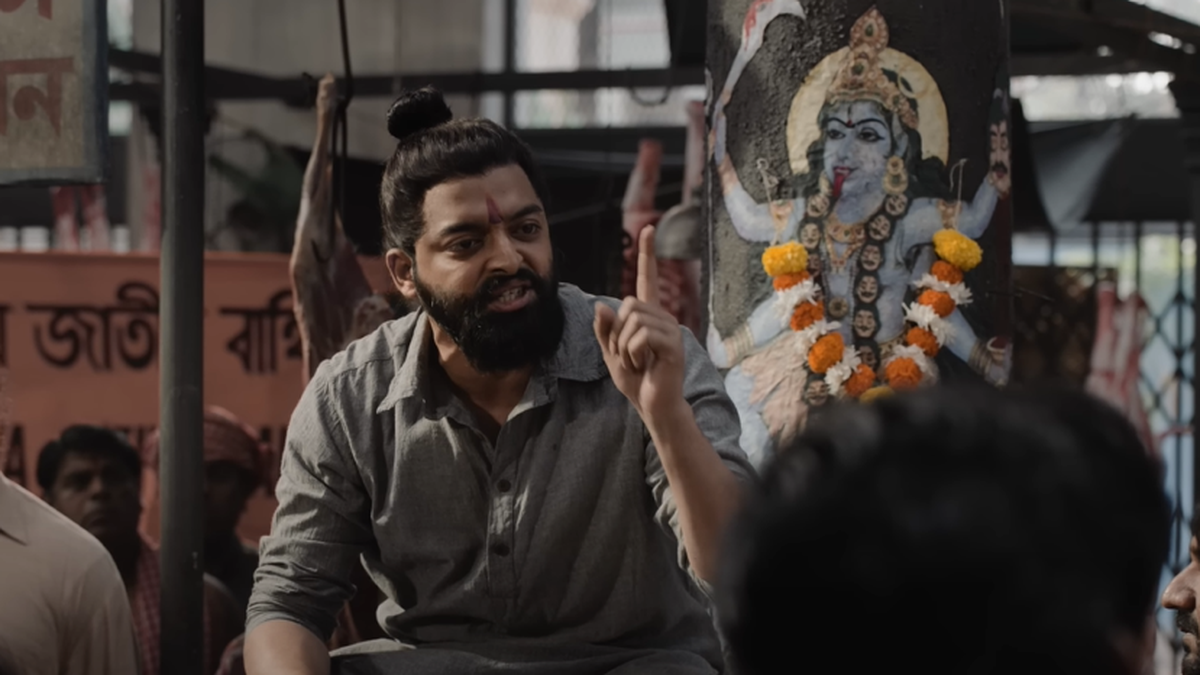







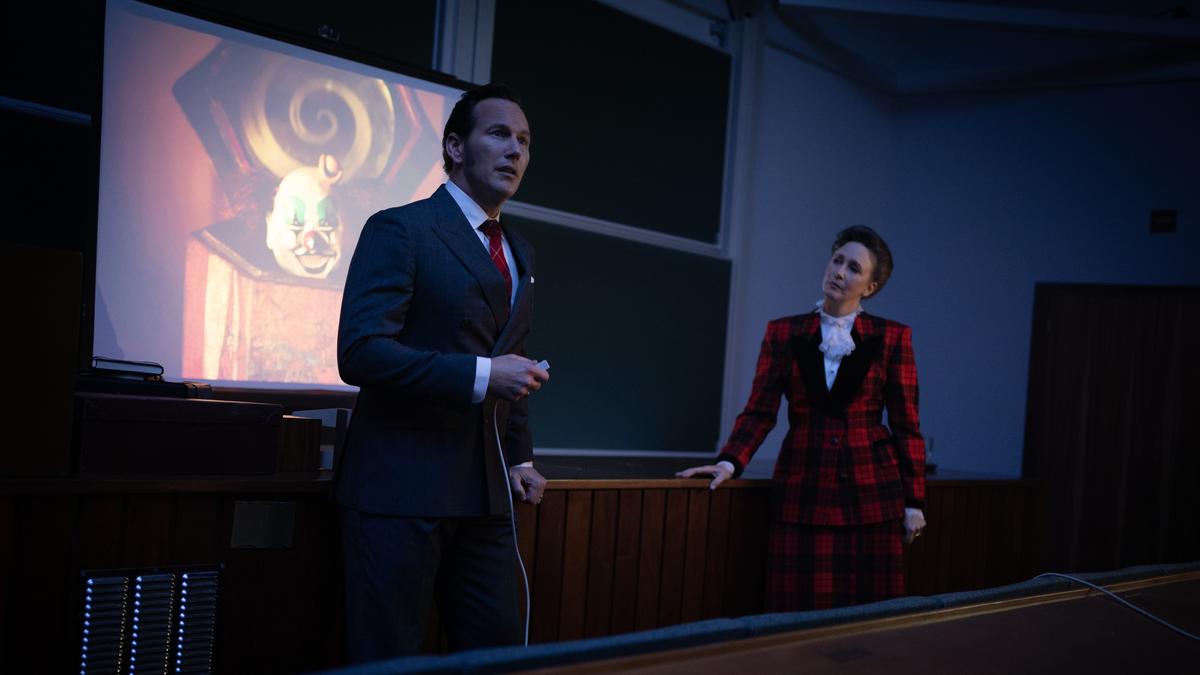







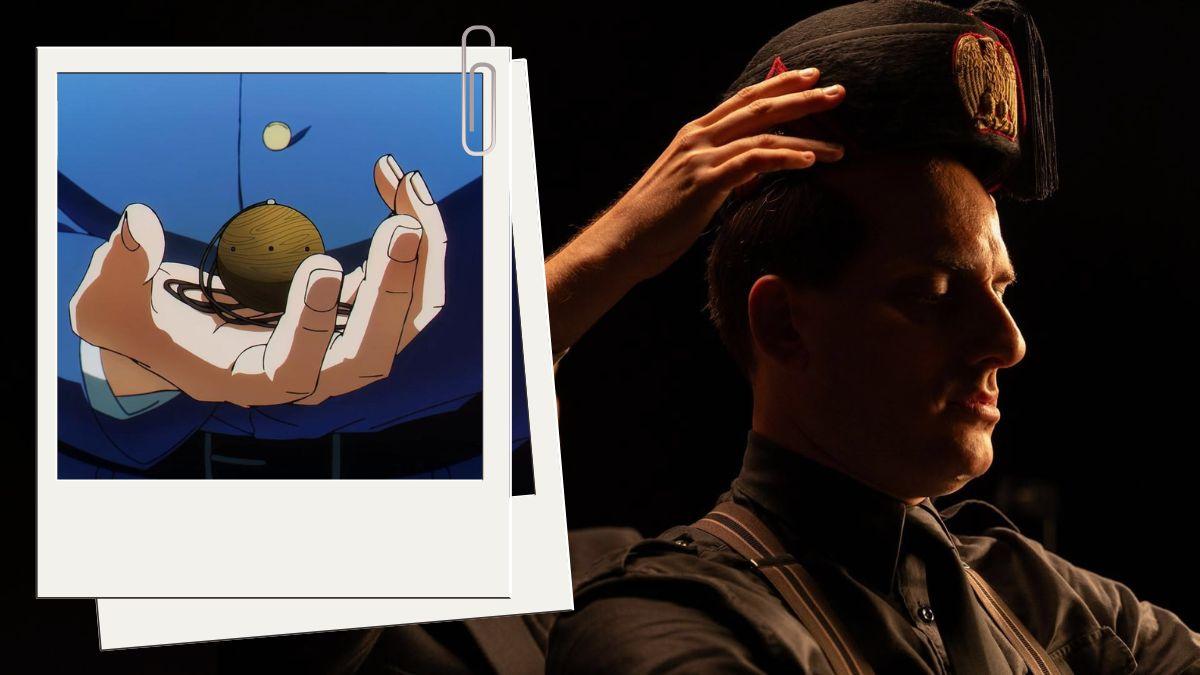

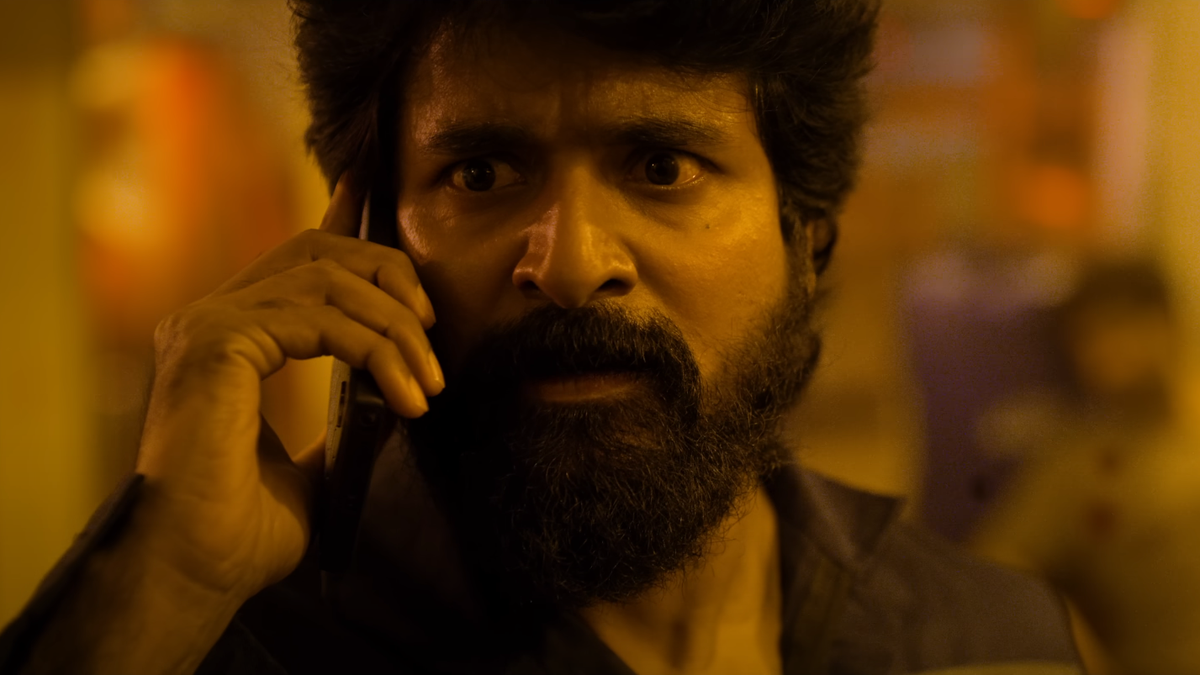
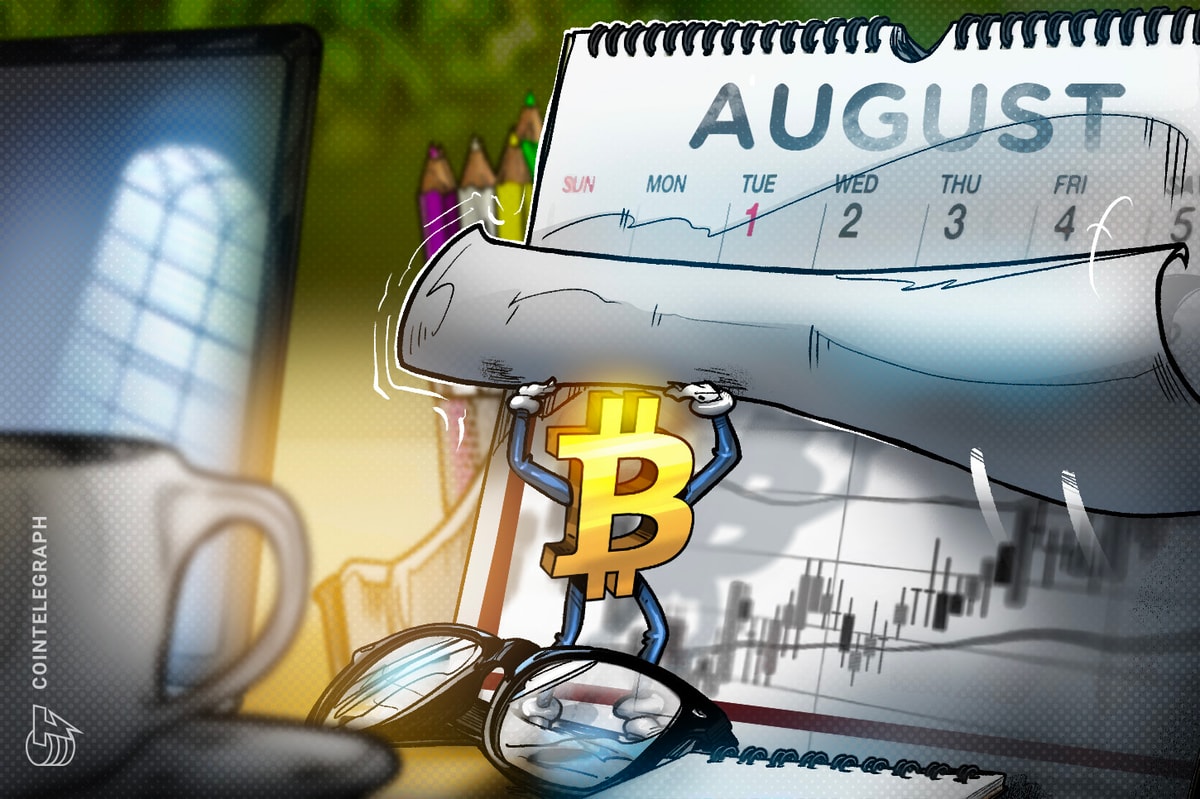

 English (US) ·
English (US) ·